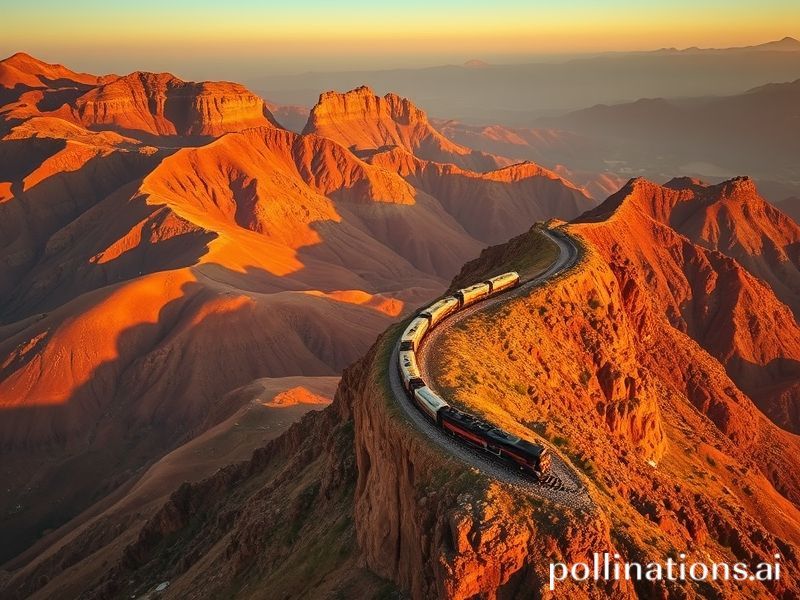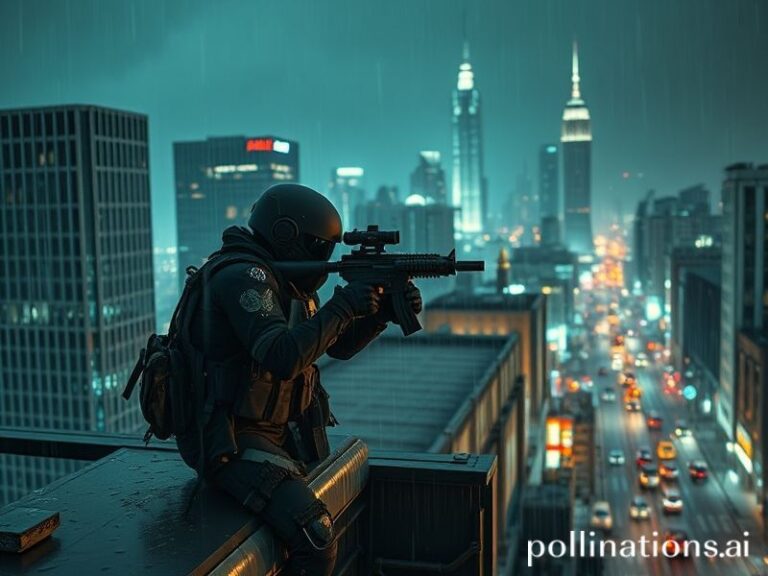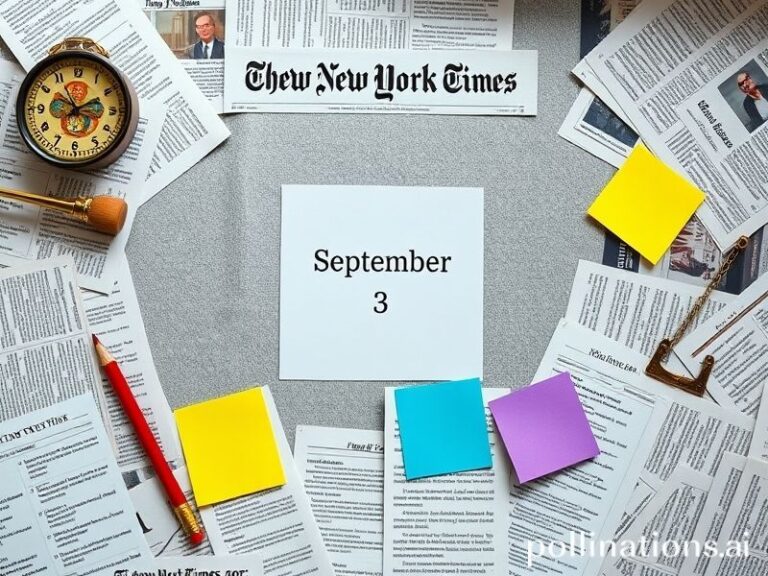Eritrea: The World’s Most Efficient Black Box State—No Output, Just Outflux
In the Horn of Africa, wedged between the Red Sea and a desert the color of regret, lies Eritrea—population five million, embassies roughly five, and UN human-rights rapporteurs approximately one permanent. To the casual observer it looks like a cartographical afterthought, yet for the last three decades this sliver of coastline has quietly perfected a model of governance that Silicon Valley bros would call “minimal viable state” if only it came with stock options. Instead, Eritrea offers the world a masterclass in negative surplus: no elections since 1993, no privately owned media since 2001, and an economy whose chief export appears to be refugees with harrowing TED talks.
Globally, the country functions as a geopolitical black box: inputs go in—UN food aid, EU “capacity-building” funds, diaspora remittances—yet nothing measurable comes out except body bags from Tigray and Instagram reels of Sawa military academy graduates goose-stepping to a synth beat. The international community keeps poking the box, hoping for a Schrödinger-style liberalization that never collapses into view. Brussels periodically threatens to suspend aid, then remembers that Eritrean ports are handy for evacuating European citizens the next time Yemen implodes. Washington sanctions the ruling party, then quietly pays it to keep an eye on the Bab el-Mandeb strait so that container ships full of flat-screen TVs can glide past without becoming TikTok pirate content. Beijing, ever the pragmatist, simply builds another highway to nowhere in exchange for future cobalt rumors.
The refugee pipeline has become Eritrea’s most reliable interface with the planet. Roughly 10 percent of the population has voted with its feet—an electorate more decisive than any ballot the country has ever seen. They cross deserts, endure Libyan slave markets, and crowd onto NGO rafts, only to discover that Europe’s moral high ground is conveniently located behind barbed wire in Greece. In a grim irony, the skills honed under compulsory national service—digging trenches, dodging surveillance, improvising under sanctions—make Eritrean migrants exemplary gig-economy workers. Stockholm’s food-delivery cyclists now include former Army engineers who once laid landmines; they navigate Nordic bike lanes with the same fatalistic precision.
Meanwhile, the diaspora wires home an estimated $400 million annually, effectively crowdfunding the very system they fled. Western banks call it “remittances”; the government calls it a “2% reconstruction tax” and politely reminds expats that Grandma still lives in Asmara. It’s the world’s only subscription-based autocracy: pay up or risk becoming stateless by PowerPoint. Try explaining that to your local Venmo support team.
Climate change, ever the equal-opportunity menace, has added its own punchline. The Red Sea is warming faster than most oceans, which delights Eritrean officials who dream of pivoting from pariah to premier snorkeling destination—once the mines are cleared and the tourists are vetted for ideological reliability. The EU, terrified of another migration wave, has already pre-funded “resilience projects” that amount to teaching farmers to plant drought-resistant versions of crops they aren’t legally allowed to sell across borders. If that sounds circular, congratulations: you now understand Eritrean macroeconomics.
So why should anyone beyond the foreign-policy subreddit care? Because Eritrea is the control group for 21st-century statehood: a place where social media never replaced the secret police, where cryptocurrency is just another thing you can’t access, and where the phrase “digital nomad” refers to conscripts relocated by truck. In an era when every other government promises to disrupt your life for the better, Eritrea offers the rare guarantee of non-disruption—by ensuring nothing fundamentally changes, including the GDP.
As Western democracies flirt with their own flavors of permanent emergency, Eritrea stands as a cautionary tale wrapped in a shrug. It reminds us that the line between resilience and stagnation is thinner than a Red Sea ferry ticket, and that the ultimate luxury good in our interconnected age may simply be the right to leave. Until then, the rest of us will keep refreshing our feeds, half-hoping the black box finally opens, half-dreading what might crawl out.







